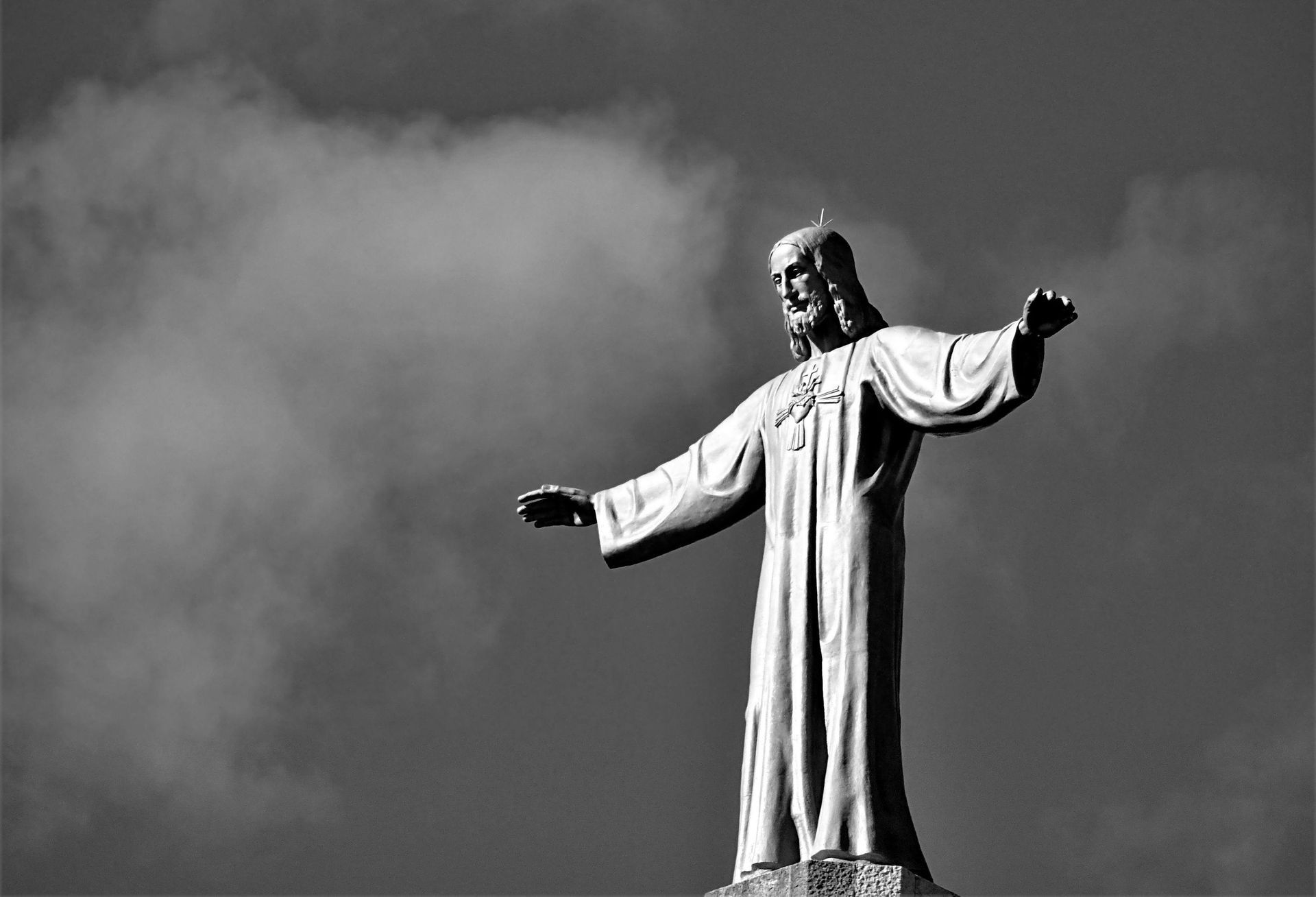The Role of Grace in Sustainable Leadership
The Role of Grace in Sustainable Leadership: Fuel for the Marathon
Leadership is a marathon, not a sprint. Yet, so many of us lead as if we are in a constant, frantic dash to the finish line. The result is predictable: burnout, exhaustion, and a ministry culture driven by performance instead of purpose. If you've ever felt the crushing weight of leadership, you know that talent, strategy, and hard work are not enough to sustain you.
There is a different, more powerful source of fuel for the journey. It is the single most important element for high-impact leadership that lasts: grace. Grace is not just the entry point to our faith; it is the very thing that sustains us in our calling. The promise God gave to Paul is for every leader: "My grace is sufficient for you, for my power is made perfect in weakness" (2 Corinthians 12:9).
The Symptoms of Grace-Less Leadership
When we lead from our own strength, the warning signs are clear:
- Burnout: We feel emotionally, physically, and spiritually drained.
- Fear of Failure: Our identity gets wrapped up in our success, so we become risk-averse and controlling.
- A Performance Culture: We unintentionally create an environment where people feel valued for what they do, not who they are.
- Isolation: We believe we have to have all the answers, so we hide our struggles and weaknesses.
This is not the life of freedom and impact God intends for His leaders.
How Grace Transforms Your Leadership
Embracing grace as your operating system changes everything. It transforms not just what you do, but who you are as a leader.
1. Grace for Yourself: Freedom from Perfectionism
The first person you need to extend grace to is yourself. Grace reminds you that your worth is not based on your performance. You are a beloved child of God, and your identity is secure in Christ, not in your last success or failure.
This is incredibly liberating. It gives you permission to be human, to admit when you're wrong, and to acknowledge your limitations. It's in that place of weakness that you truly experience God's power. A leader who receives grace for themselves is a leader who can lead with authenticity and rest.
2. Grace for Your Team: Freedom to Innovate
A leader who is filled with grace naturally creates a grace-filled culture. When your team knows they are valued for who they are, not just what they produce, it creates psychological safety.
This is the soil in which innovation, creativity, and true collaboration grow. A grace-filled environment is one where people are not afraid to take risks, admit mistakes, and learn from failure. It is the key to equipping for ministry because it empowers people to step into their callings without the fear of being condemned for not being perfect.
3. Grace in Your Mission: Freedom from Pressure
Grace-less leadership is often driven by the relentless pressure to produce results. We can start to believe that the success of the mission depends entirely on us.
Grace reminds us that we are stewards, not saviors. We are called to be faithful, but the results are ultimately up to God. This frees us from the crushing weight of outcomes we cannot control. It allows us to lead with a long-term perspective, trusting that God is at work even when we can't see the immediate fruit. It replaces anxiety with a deep and abiding peace.
Your Next Step in Grace-Filled Leadership
Grace is not a passive concept; it is an active force. It is the divine empowerment to lead from a place of security, humility, and hope.
I want to challenge you this week: where do you need to apply grace in your leadership? Is it in how you talk to yourself after a setback? Is it in how you respond to a team member's mistake? Is it in surrendering the pressure of results to God?
Choose one area and invite the transformative power of God's grace to refuel you for the marathon ahead.











